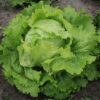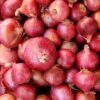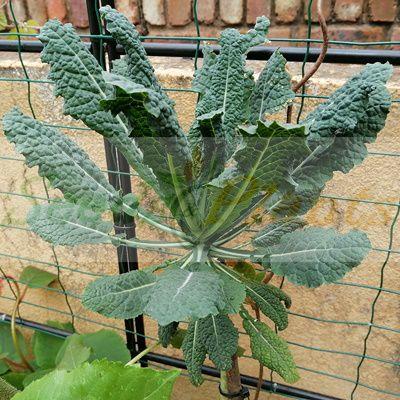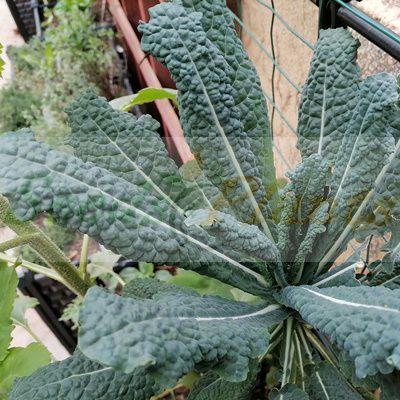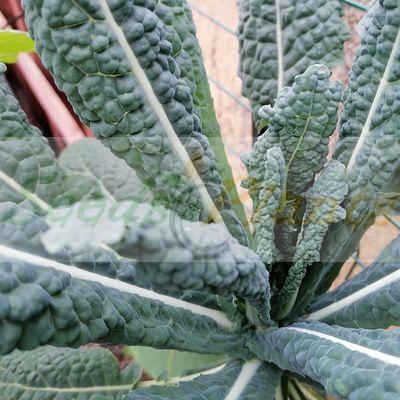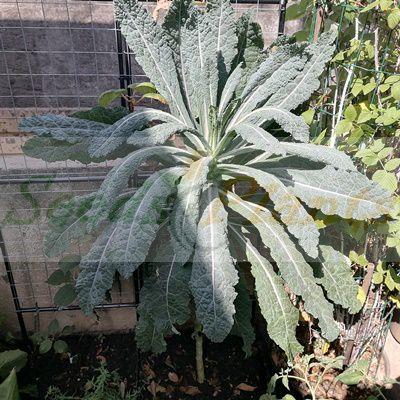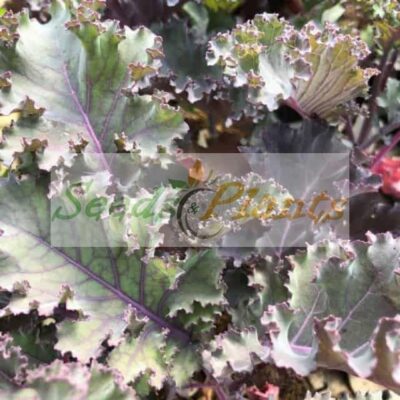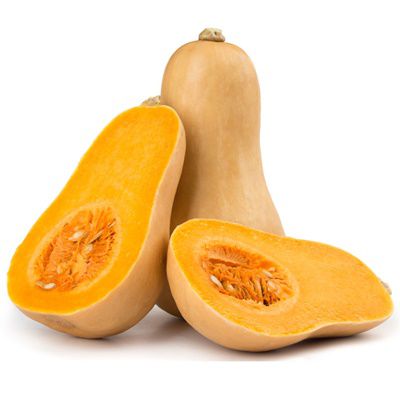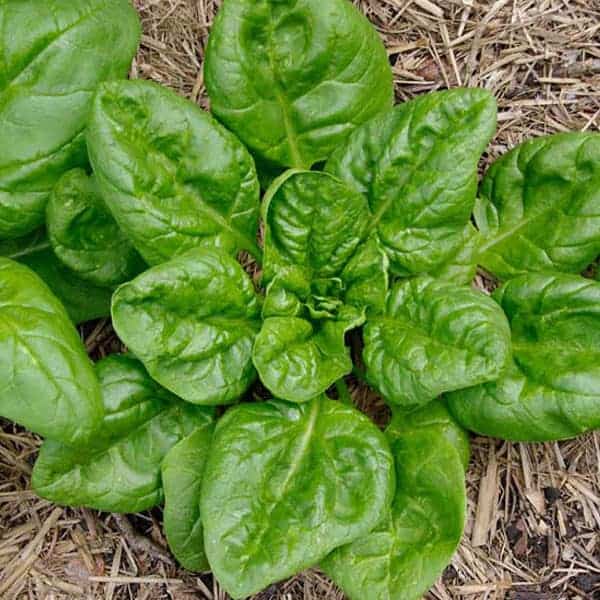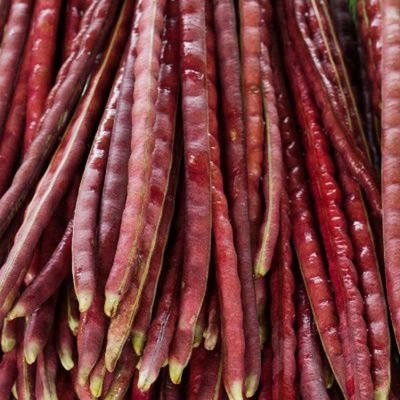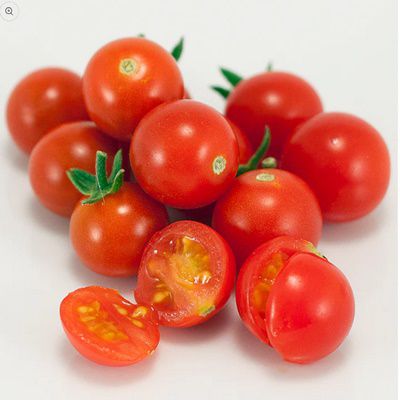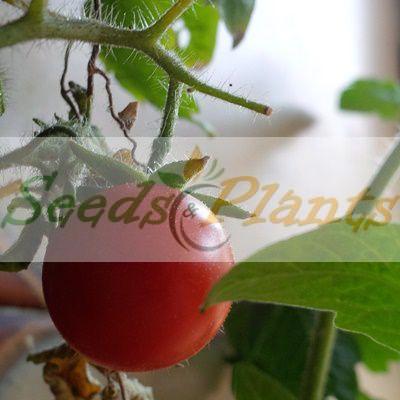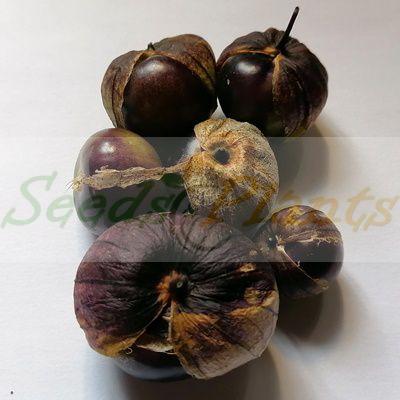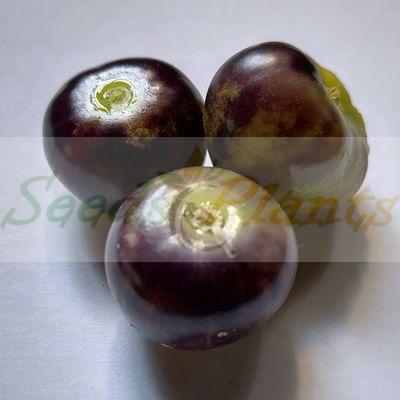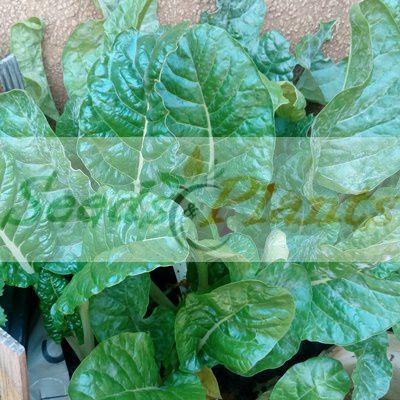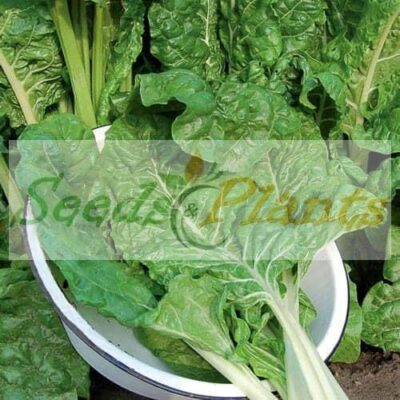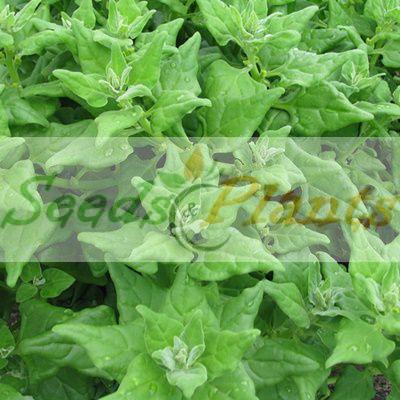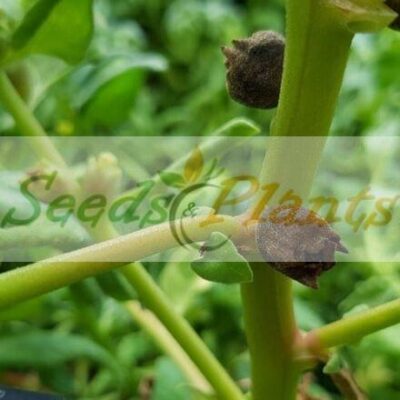🥕 Vegetable Quick Facts
Growth Traits
- 🌱 Life Cycle: Perennial
Black Palm Kale – 50 Seeds
(Brassica oleracea capitata)
R30.00
This Heirloom Kale variety from Tuscany is also known as Palm Kale, Black Tuscan Kale, Dinosaur Kale and Black cabbage.
Indoor Sowing: Late Winter and Early Spring.
Direct Sowing: Spring and Autumn.
Only 2 left in stock
🥕 Vegetable Quick Facts
Growth Traits
- 🌱 Life Cycle: Perennial
Black Palm Kale is a Heirloom Kale variety which originates from Tuscany and is a favorite Italian vegetable. This Italian heirloom dates back to the early 1800s. It is also known as Palm Kale, Black Tuscan Kale, Dinosaur kale and Black cabbage.
The plant is a perennial and produces dark green to black leaves with slight wrinkles on the leaves and a firm texture. The leaves are deeply veined and branch off of the stem and hang in a similar fashion as the fronds of a palm tree, hence the term Palm Kale.
It is a tall kale that can grow to four feet in height by three feet wide. Although this Heirloom Kale is a vegetable, it makes for a beautiful ornamental plant in the garden as well.
Black Palm Kale Culinary Uses
It is a well known and favorite Italian vegetable. Low in calories, Black Palm Kale is packed with vitamin C, folic acid, calcium, and potassium.
- Black kale may be steamed, braised, stewed, fried, sautéed and juiced.
- It is traditionally used in soups and stews.
- It is also sautéed with olive oil & garlic and tossed with pasta.
- It can also be eaten raw and added to salads.
Indoor Sowing: Late Winter and Early Spring.
Direct Sowing: Spring and Autumn.
- Plant the Seeds in autumn or spring.
- You can also start the seeds in pots about six weeks before the planting date.
- Use a good seed-raising mix.
- Sow seeds 8mm deep and keep the soil consistently moist, but not wet or dry.
- Transplant the seedlings into the garden at the beginning of autumn or mid-spring.
- Needs to grow in fertile soil, rich in organic matter.
- You can expect to harvest your first leaves a few months later.
- This vegetable can survive hot summers, withstands frost well and may be over-wintered in temperate regions.
Disclaimer
Medicinal Information:
All medicinal information on this website is for educational and informational purposes only and may not be construed as medical advice. The information is not intended to replace medical advice or treatment offered by healthcare professionals.
Seeds, Plants, Plant Cuttings, Geophytes and Dried Herbs:
In some countries and provinces, certain plants are deemed as invasive and are not allowed to be planted at all, whilst some plants are allowed to be grown only in certain areas or provinces. The onus is on you as the buyer to familiarize yourself with the regulations pertaining to your location, before purchasing any of our seeds, plants, plant cuttings, geophytes or dried herbs. We will not be held liable, should you purchase any seeds, plants, plant cuttings, geophytes or dried herbs. from us which are prohibited in your country or province.

